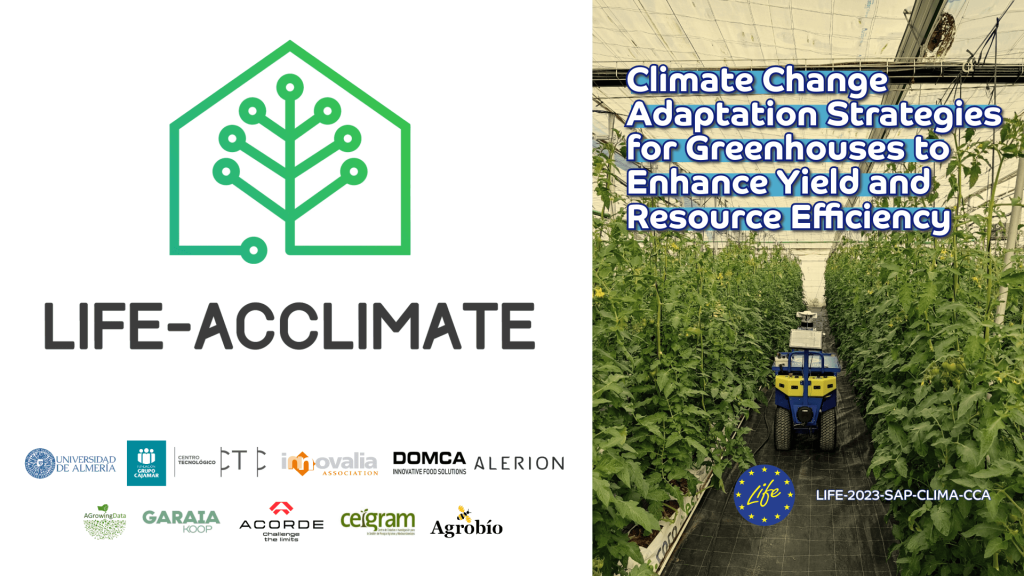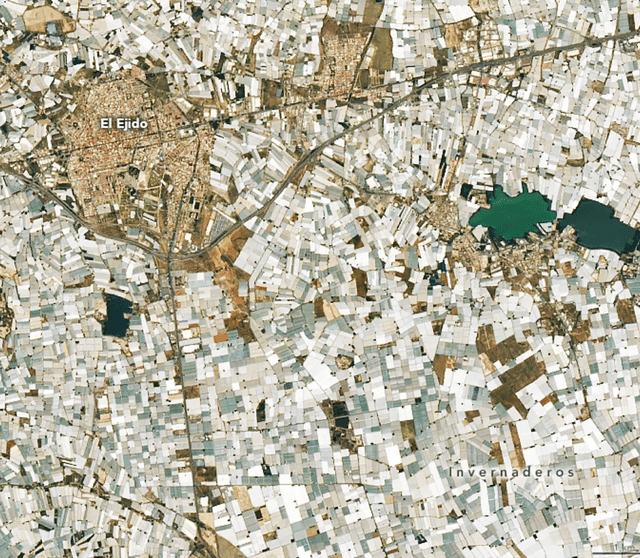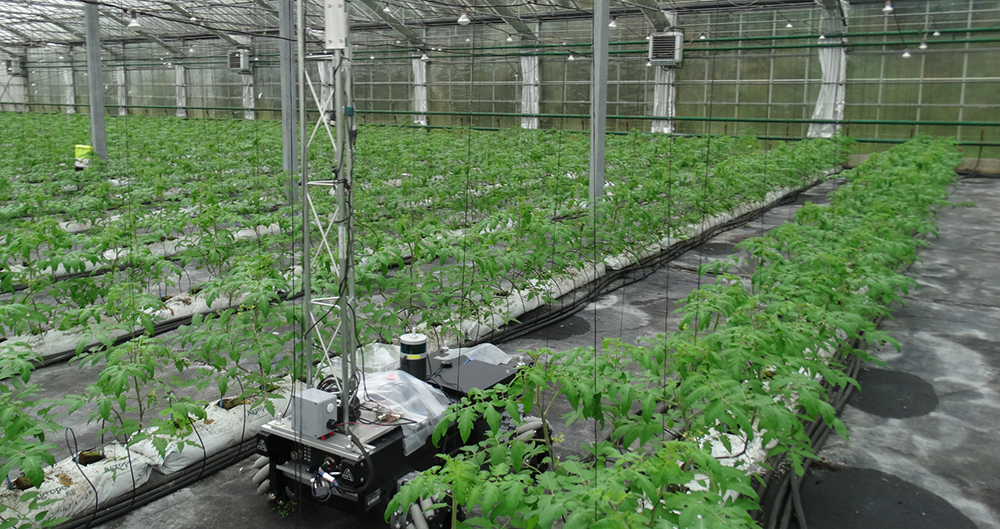Cultivating Resilience: Climate Change Adaptation Strategies in Greenhouses to Improve Yield and Resource Efficiency

Climate change is a global phenomenon that directly affects various economic and social sectors. Agriculture, particularly greenhouse agriculture, faces unprecedented challenges in terms of sustainability and resource efficiency. In this context, the new LIFE ACCLIMATE project emerges as an innovative and necessary response to face these challenges, implementing advanced technological solutions and promoting sustainable agricultural practices in a key sector for food security.
Greenhouse crops in southeastern Spain are extremely important for supplying both the national and EU markets but are subject to changing climatic conditions and water scarcity. The LIFE ACCLIMATE project is a key initiative that aligns with the need to develop adaptation strategies to ensure the long-term viability of this type of intensive agriculture.

The Project will be carried out between September 2024 and July 2028, with the University of Almeria as the coordinating entity, leading this initiative with the collaboration of various academic and business partners, including CEIGRAM.
The main objective is to develop, demonstrate and replicate an innovative system that allows greenhouses to adapt to climate change while maintaining high production levels and reducing resource consumption and the environmental impact of the activity. This approach combines state-of-the-art digital technologies, such as robotics and artificial intelligence (AI), with sustainable agricultural practices, such as biological pest control.
One of the most prominent innovations of the project is the use of autonomous robots, both aerial and ground-based, which will collect key data on greenhouse and crop conditions. These robots will generate a huge amount of data and images that will be processed by advanced AI-based predictive models.

The proposed solutions are expected to significantly reduce fertilizer use and eliminate the need for chemical pesticides, as well as optimize water and energy consumption, promoting more sustainable agriculture without compromising crop yields.
The LIFE ACCLIMATE Project trials will be carried out on crops of great relevance for both the domestic and EU markets: tomato, bell pepper, cucumber and lettuce. The potential of this project lies in its replicability, since a detailed plan is envisaged to expand these solutions to other regions of Europe, each with its own climatic and agricultural particularities.
This project, by focusing on sustainability and resource efficiency, will generate benefits for both farmers, through savings derived from the efficient use of resources, and the environment. The reduction of water and fertilizer consumption, together with the elimination of pesticide use, will contribute significantly to reducing pressure on soils and aquifers, a pressing and unresolved problem in southeastern Spain.
In conclusion, the LIFE ACCLIMATE project has the potential to transform the way greenhouses are managed in Spain and the rest of Europe with the combination of advanced technologies, sustainable agricultural practices and a replicable European approach. We will keep you informed of future developments in this project.



